Explore the transformative world of Precision Agriculture Technology and its significant role in advancing sustainable farming practices. This in-depth exploration reveals how leveraging advanced technology can enhance productivity, environmental sustainability, and resource management in agriculture.
Key Takeaways
- Technology Integration – Advanced tools optimize resource use and increase crop yields.
- Environmental Benefits – Significant reductions in chemicals and water use help preserve ecosystems.
- Economic Advantages – Cost savings and increased efficiency boost farmer profits.
- Challenges – Addressing the barriers to accessibility and data privacy concerns in technology adoption.
- Future Prospects – The potential for global adoption of precision agriculture to further enhance sustainability.
Table of Contents
- Introduction to Precision Agriculture
- Technological Advancements
- Environmental Impact and Benefits
- Economic and Productivity Benefits
- Challenges and Future Perspectives
- Case Studies and Success Stories
- Conclusion
Introduction to Precision Agriculture
Precision agriculture employs innovative technology to precisely manage field variations, optimizing the amount of inputs like water, fertilizer, and pesticides. This method not only boosts crop productivity but also ensures sustainability.
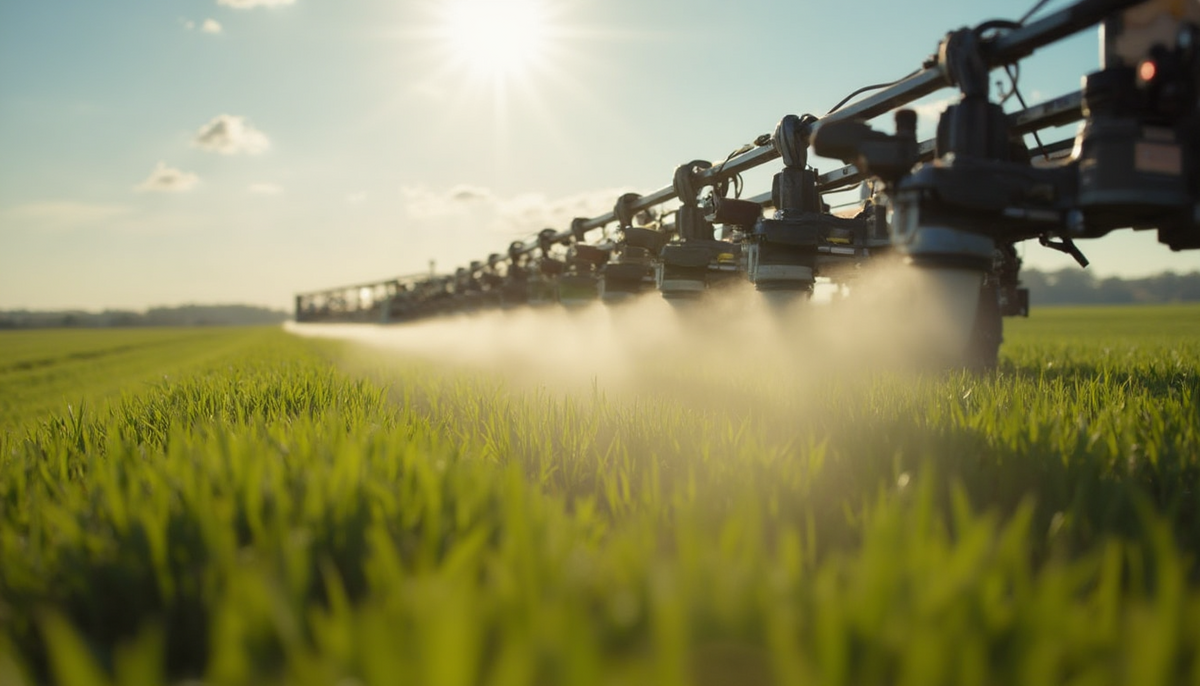
Technological Advancements
From drones to AI-driven data analytics, precision agriculture technologies collect and analyze data to inform decision-making on the farm, streamlining operations and enhancing the accuracy of interventions.
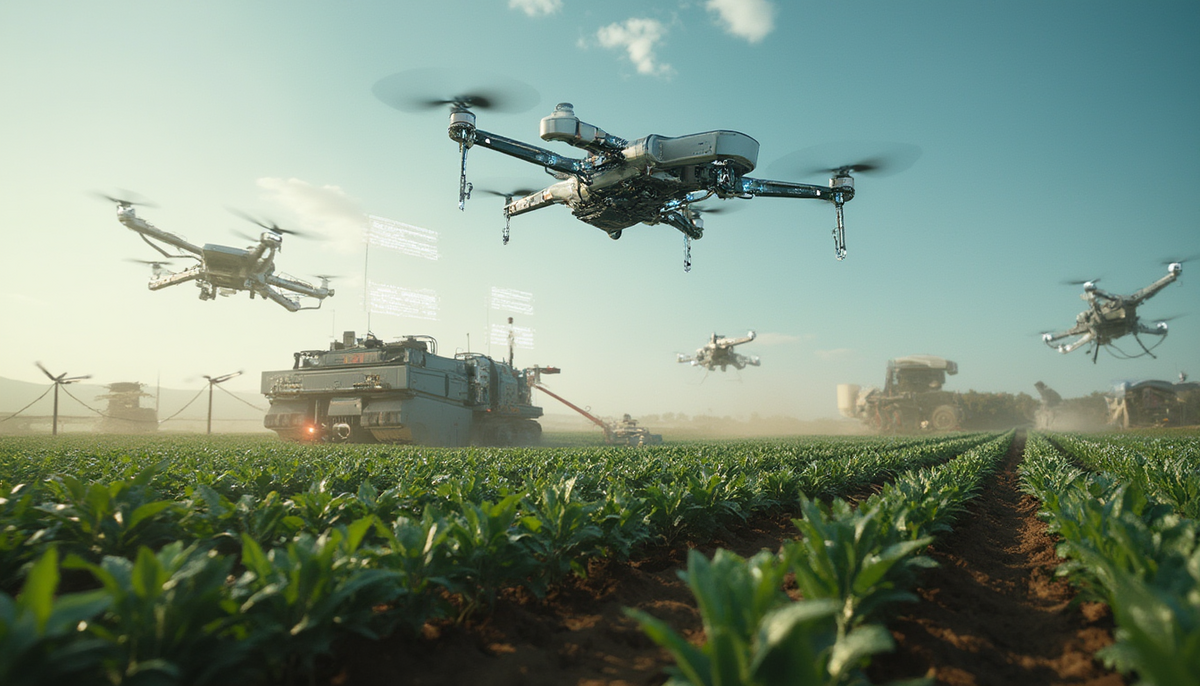
Environmental Impact and Benefits
Through targeted application of inputs and reduced waste, precision agriculture minimizes environmental footprints. It supports healthier ecosystems by conserving water and reducing chemical runoff.
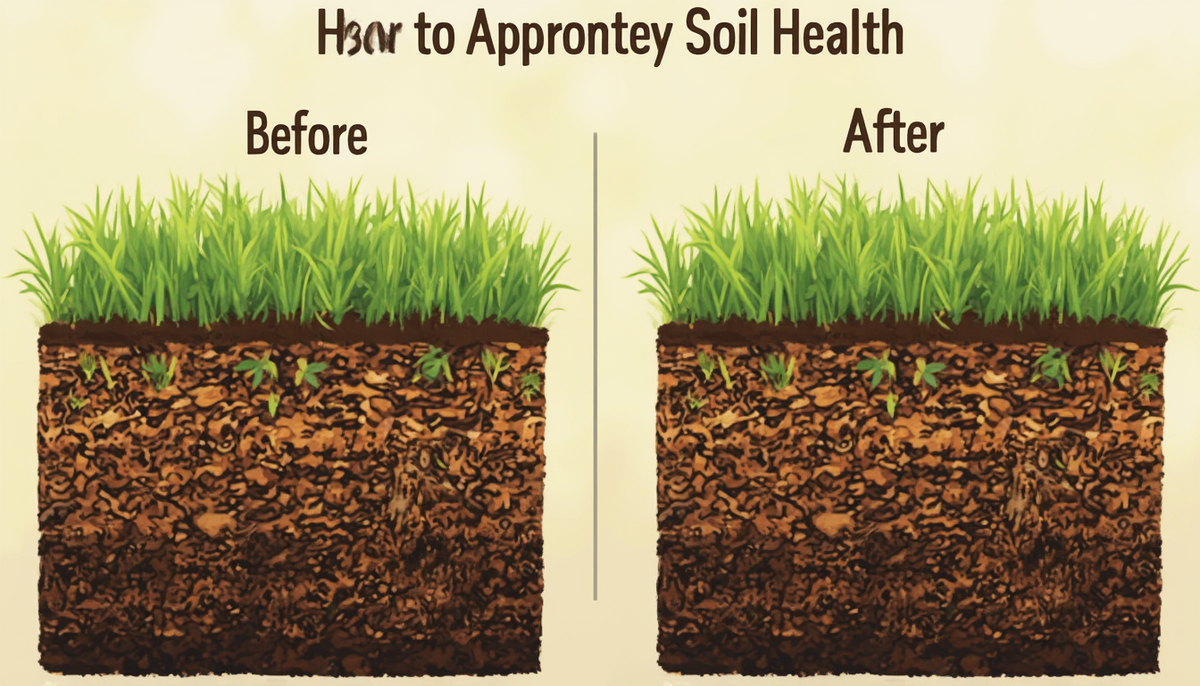
Economic and Productivity Benefits
Adopting precision agriculture can lead to substantial cost savings through optimized input use and higher crop yields. These benefits drive economic growth and sustainability in agriculture sectors worldwide.
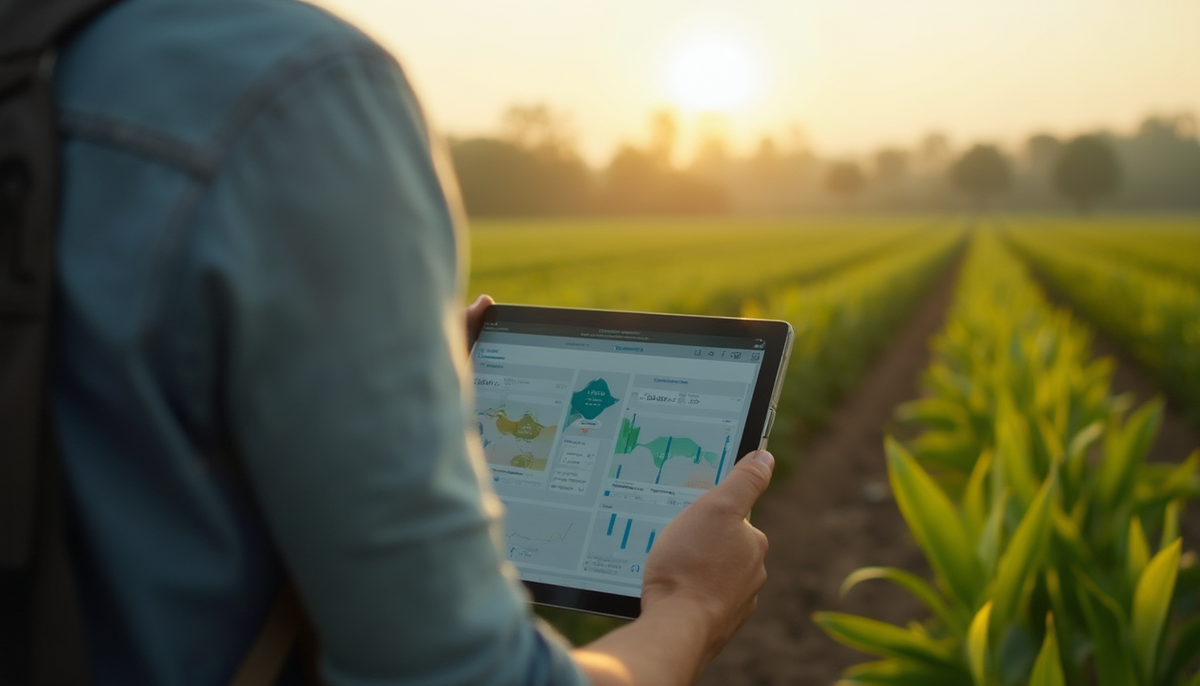
Challenges and Future Perspectives
Despite its benefits, precision agriculture faces challenges such as high investment costs and the need for skilled personnel. However, ongoing advancements promise even greater efficiencies and wider adoption.
Case Studies and Success Stories
Stories from around the world illustrate the successful implementation of precision agriculture, highlighting the positive changes brought to farming communities and the environment.
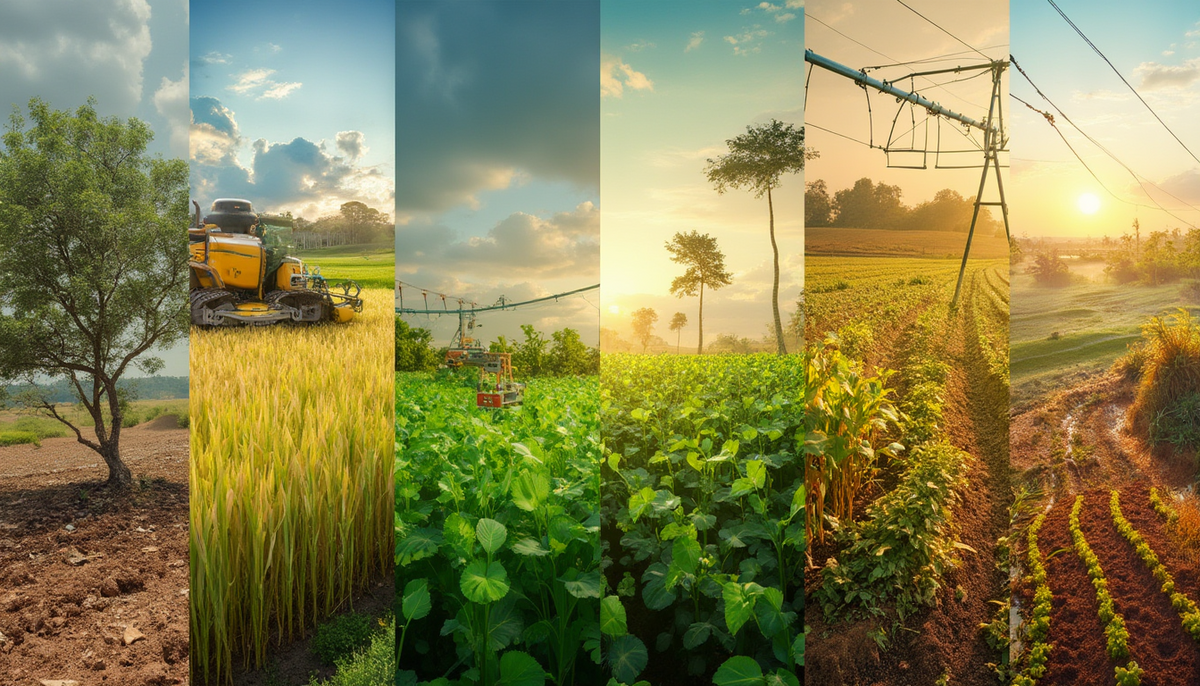
Conclusion
Precision agriculture represents a pivotal shift towards more sustainable and productive farming practices. By embracing this technology, farmers can significantly enhance their operations and contribute to global food security in an environmentally friendly manner.
Explore more about sustainable practices and how you can support these initiatives by visiting our donation page or engage with content in our Knowledge Hub.




